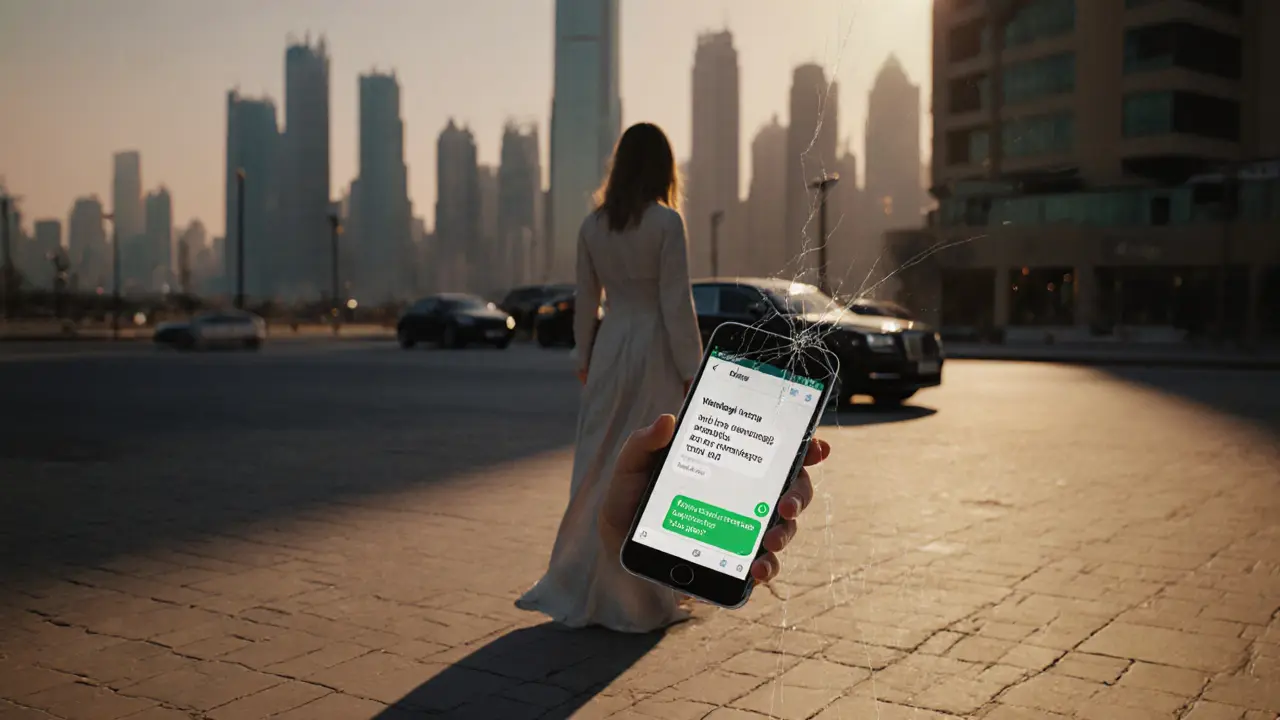Pandemic Sex Work: How COVID-19 Changed Sex Work in Dubai
When the world shut down, pandemic sex work, the survival strategies of sex workers during global lockdowns and health crises. Also known as crisis-era sex work, it wasn’t just about income—it was about staying alive without access to normal support systems. In Dubai, where sex work exists in a legal gray zone, the pandemic didn’t just slow things down—it rewrote the rules. Workers lost clients overnight. Venues closed. Police raids increased as enforcement shifted to "public morality" during lockdowns. Meanwhile, digital tools became lifelines.
What happened next? escort services Dubai, professional companionship offerings adapted to digital and private formats during the pandemic. Many moved entirely online—using encrypted apps, discreet payment platforms, and virtual meetups to avoid physical contact. Others turned to pre-booked private apartments instead of hotel rooms. The rise of sex work safety, measures taken by sex workers to protect themselves from violence, arrest, and disease during high-risk periods. became non-negotiable. GPS sharing, verified client screening, and emergency contact protocols went from nice-to-have to essential. Some workers even started sharing real-time risk alerts in private WhatsApp groups. This wasn’t just adaptation—it was innovation under pressure.
The economic fallout hit hard. Many migrant workers lost their visas when clients vanished. Others were trapped in apartments they couldn’t afford. Health risks didn’t disappear—they changed. With clinics closed or fear-driven, STI testing dropped. Mental health crashed. But out of this chaos came new networks: peer-led support groups, anonymous legal advice hotlines, and even free telehealth counseling for sex workers. The pandemic sex work experience in Dubai wasn’t a footnote—it was a turning point. What you see today—more tech-driven, more cautious, more isolated—is the direct result of those two brutal years.
Below, you’ll find real stories and hard facts from people who lived through it. From how strip clubs pivoted to virtual shows to how call girls used tech to avoid arrest, these posts don’t sugarcoat. They show what happened when the lights went out—and how people kept going anyway.







